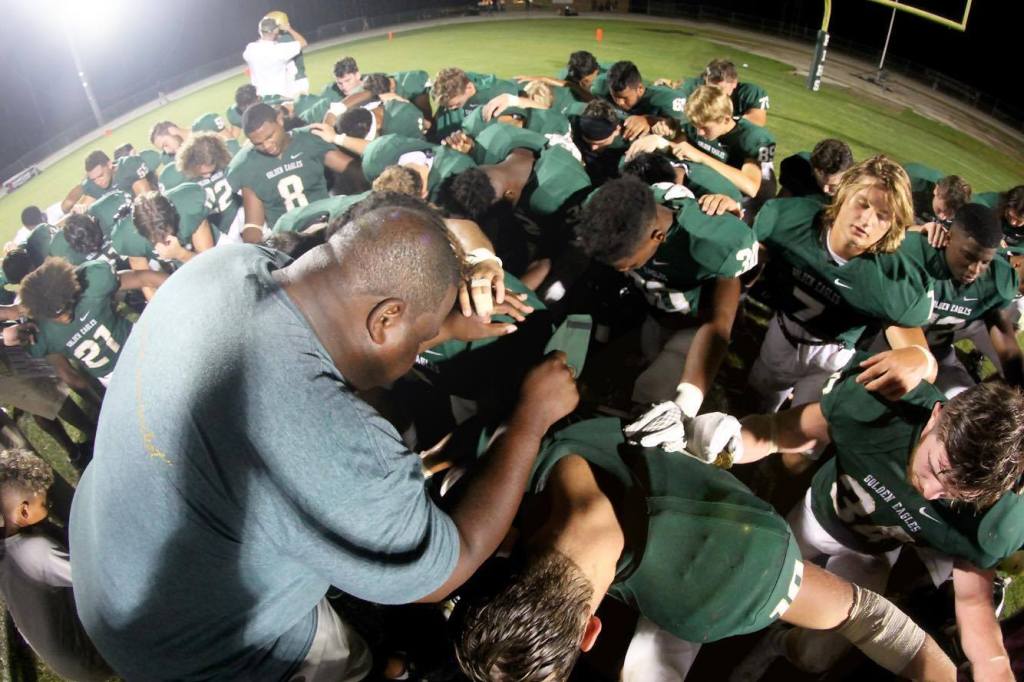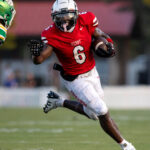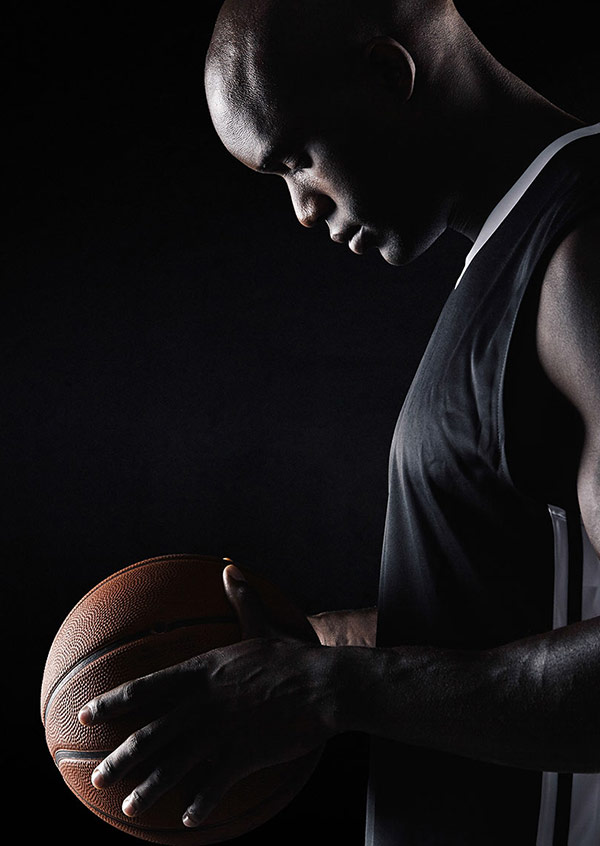
In the world of sports, there are certain values that are universal. Physical strength, resilience, and determination are just a few celebrated and emphasized athletic characteristics. While these qualities are undoubtedly essential for student athletic success, there are other aspects of strength that we often fail to discuss: the strength it takes to seek professional mental health support.
The Strength of Seeking Professional Mental Health Support
The transformative power of addressing mental health concerns through professional mental health support has been well documented, researched, and noted. However, unfortunately societal stigma around seeking out mental health support is still prevalent within our communities. Nevertheless, it’s time for us to reframe and recognize that reaching out to trusted professionals for guidance is not weakness, but a form of strength.
Student athletes invest countless hours honing physical skills, which often cause for them to push their bodies limits. Similarly, just as one’s body requires care and attention, so does your mind. Sports Counselors, sports psychologists and therapists specialize in helping navigate the mental challenges that come with one’s participation in competitive sports.
Many experts believe that sport is a microcosm of our larger society. In short this means that every activity that occurs in society such as: racism, sexism, mental health challenges, and mental illness also find their way and occurs within sport (Sailes & Harrison, 2008). For these reasons, working alongside a mental health professional can assist student athletes in the following ways:
- Enhanced Performance: Sports counselors can teach you strategies to manage stress, anxiety, and the pressures of performance, which may ultimately improve a student’s performance. In this way, developing mental strength through coping strategies can be a real game-changer.
- Better Well-being: Mental health is health. This means mental health is just as important as your physical health, especially when engaging in competitive sports. Working with a therapist can help reduce the risk of burnout, depression, anxiety, and more.
- Effective Communication: Engaging in therapy can help athletes communicate more effectively with teammates, coaches, and parents. Especially when participating in team sports, improved communication can lead to better team dynamics and more enjoyable sports experiences.
With these benefits in mind, I’d urge for you to consider a few things in preparation of seeking mental health support. Please know this is not an exhaustive list, but a starting off place to assess and initiate conversations with a trusted adult about receiving mental health support.
Thus, it’s important for you to consider:
- Self-Awareness: Reflect on your own mental well-being. If you feel overwhelmed, anxious, or stressed, acknowledge these feelings to yourself first.
- Timing: Choose a time to talk to someone you trust (e.g., parent or coach). Make sure you identify a calm and private setting to talk.
- Be Honest: Express your thoughts and feelings honestly. Let the trusted adult know you’re looking to improve your mental health, enhance your mental game. If you’d like to use one of the resources below, please let the trusted adult know and ask if you all can reach out to the resource together.

Click picture to learn more!
Please remember, seeking help is a sign of wisdom and strength, not a weakness. Just as you consult a coach or trainer to enhance your physical skillset and a teacher or tutor to improve your academic skills, seeking the guidance of a mental health professional is an integral part of becoming the best athlete and person you can be. Remember caring for both your body and mind is the ultimate winning mindset!
Student Mental Health Resources
- Contact your Students School Counselor and Request a Meeting for MH Services
- Hazel Health Mental Health Service – Free for DCPS Students
- Jacksonville, FL Sports Performance Therapists | Psychology Today Profiles
- BeyondME Counseling and Consulting: Book an appointment today














